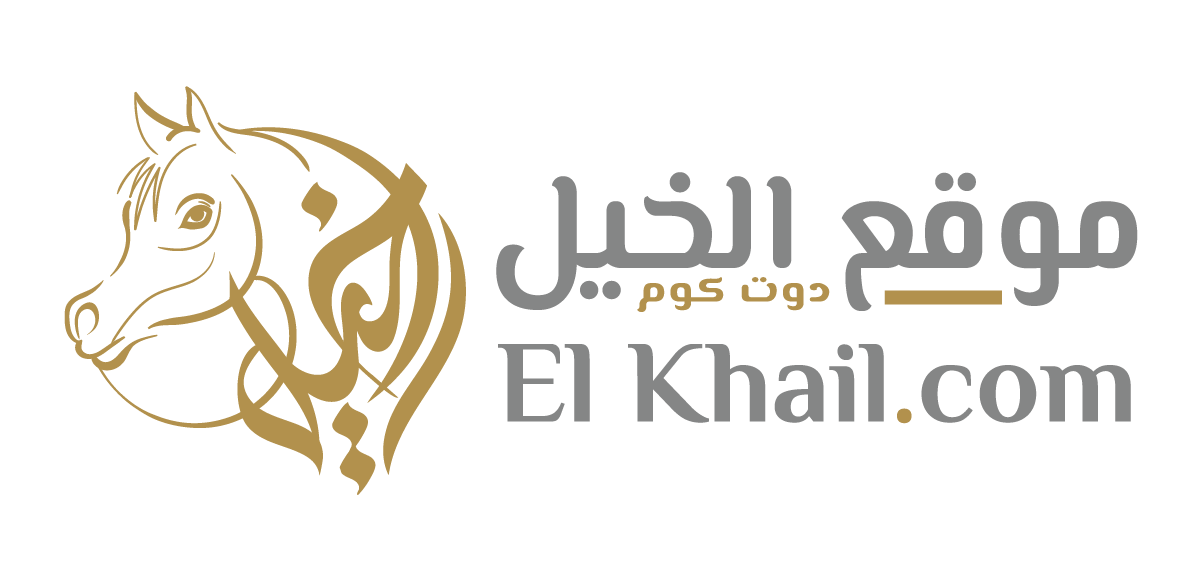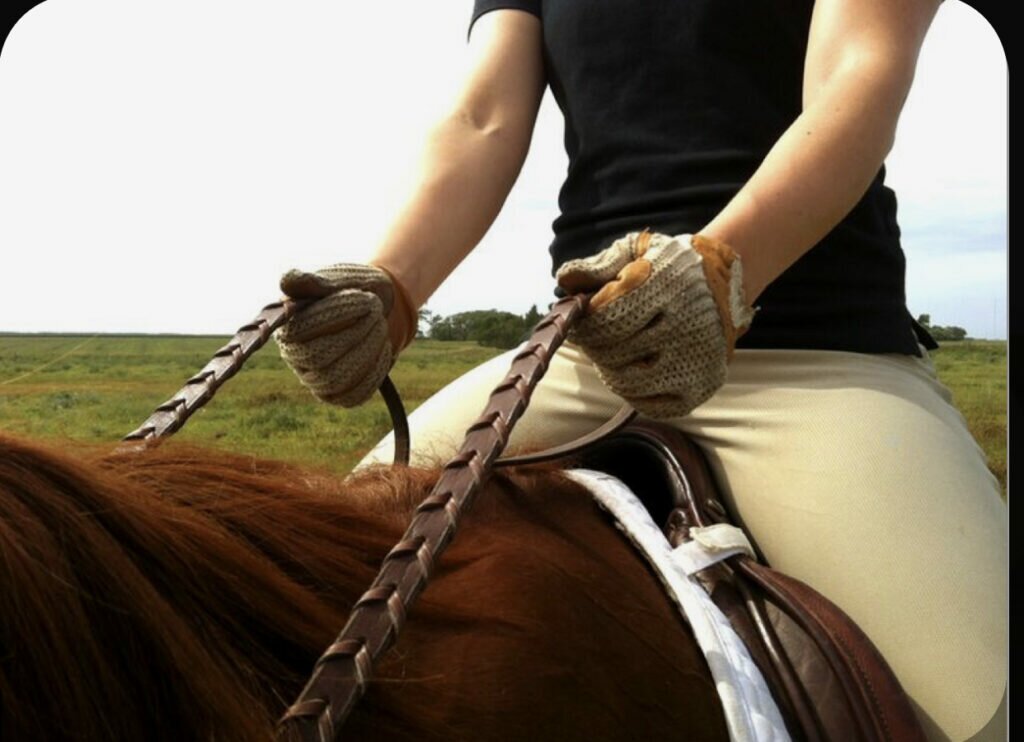The Greeks who treated the horse well … and medieval trainers exaggerated their “violence” …
The principle of reward and punishment in horse breeding is considered one of the most vital topics addressed by the art of horseback riding centuries ago, as the Greeks played an important role in its application by shedding light on the psychological components of horses, to follow an educational principle based mainly on the good treatment of the horse.

And the Greek trainers wrote in the year 400 BC: “It is necessary for horses who are rookies in education to hurry the time to meet their trainers out of their love for them.”
But in the Middle Ages, the situation changed, and the rule of trainers became: “All violent means must be employed,” believing that punishment would produce the best results in breeding, and they made no effort, even a slight one, to give opportunities to their horses to prove that they had absorbed what was asked of them, and thus they did not take into account. The number of horses that have been spoiled or have suffered severe and psychological injuries that make them unable to perform what is required of them, as punishment is considered a mistake and spoil the horse if the trainer is not fully aware of and fully aware of how to be punished.
The horse must also be taught that there is a causal relationship between punishment and wrong performance, and therefore it is considered that among the worst trainers are those who resort to force, violence and the use of punishment with their horses due to their inability to understand the correct principles and rules for the use of aid as it should in high-class horsemanship.
It is noteworthy that for the sake of the psychological safety of horses and in application of the rules of the riders, the punishment must be limited and in the narrowest limits and not exceed the established limits, and it must employ a correct and in-place employment.
Questions for the smart knight before resorting to punishment:
Is horse punishment necessary? … And if there is any doubt about that, is it better to avoid it and look for an alternative? .. What kind and method of punishment do I use and to what degree can I go on with punishment? .. Is there a proportional relationship between the degree and type of punishment and error Al-Jawad? .. And what is the timing
What is appropriate for punishment? .. Has the horse absorbed the lesson and established in his mind the concepts of punishment and their causes?
In addition, the reward is considered the second element in the process of teaching and training horses, and despite that issue it did not receive as much attention from historians and writers as the principle of punishment, but the first reward that can be given to a horse is to stop punishment.
There are many methods of reward that intelligent knights can use and employ in order to upgrade their horses, while some believe that the reward is in a piece of sugar, but the truth is that the horse is an intelligent creature and has sensitive feelings, and it is sufficient for the experienced knight to realize that his horse feels contentment and happiness because he has done what is required. From him carefully and that the feelings of satisfaction in his coach were transmitted to him in an automatic way.
In order for the reward to have a training value, it must immediately follow the success of the training. Therefore, the simplest rule of gratitude and gratitude to the horse is to pat its neck and chat with it with kindness and joy because it already understands the tone of the affectionate voice and the touch of the tender hand.
It is also preferable, after the success of any training dose that the horse has absorbed, for the horse to walk at long speeds, and training must be interspersed with rest periods where the horse will appreciate his mercy and will be happy with training and accept it after that with passion.
In the field, as soon as the knight improvised from his horse after training and then led him to the stable, this increases the appreciation of the horse for its owner, and a piece of candy or sugar immediately after training is considered a touch of generosity and love that the horse can consume with his heart before his mouth.
Exclusive to “Al-Khail”






